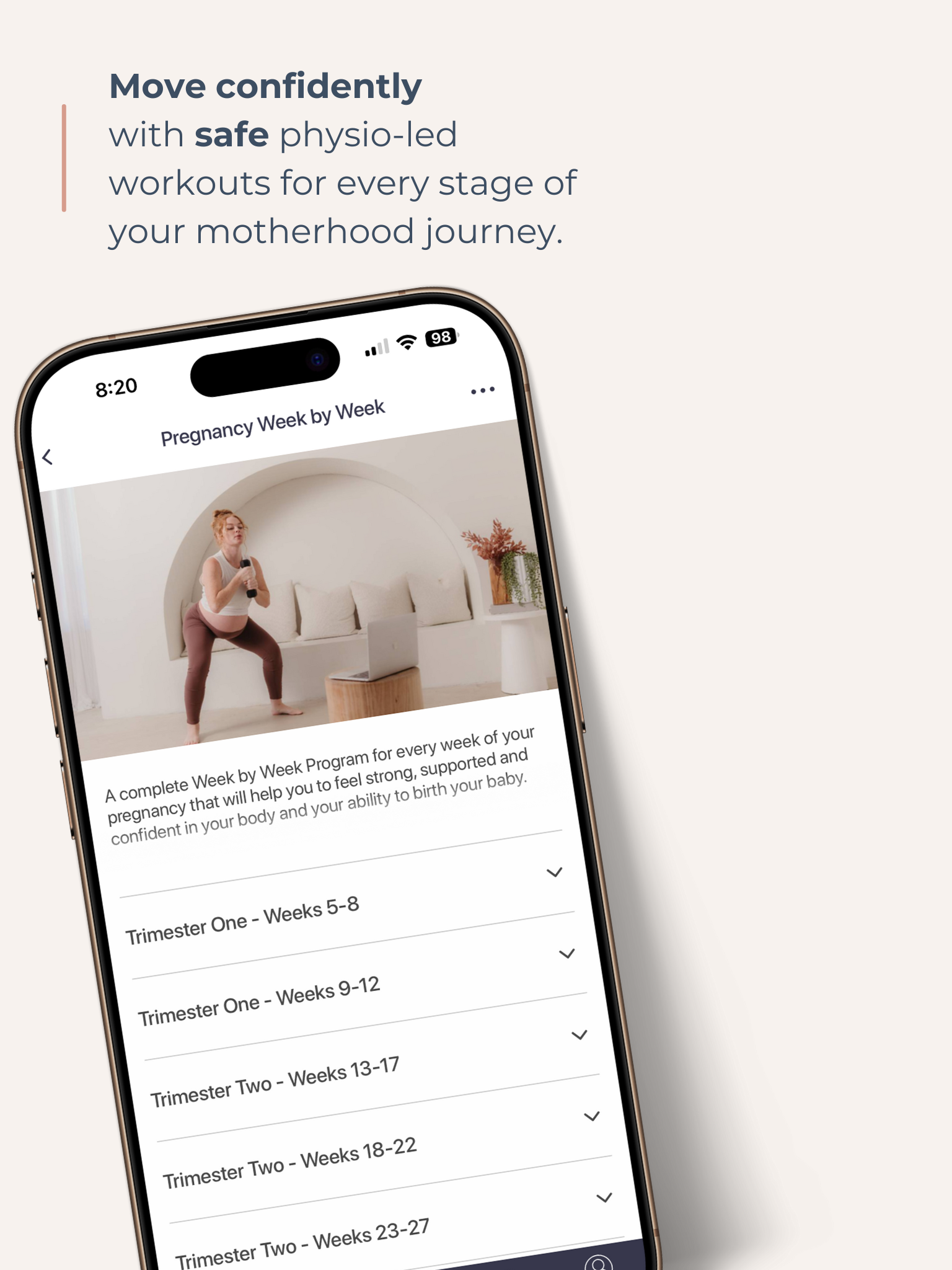Breastfeeding After a Difficult Birth – What you can do when it feels like it’s all going wrong

Written by Dr Rosie Pajak - Perinatal Psychologist and Founder of The Birth Healing Collective
Soon after giving birth, most women are thrust straight into the next challenge – figuring out how to breastfeed.
The first few weeks of breastfeeding are usually overwhelming both physically and emotionally. It is usually a bumpy start for most mums and babies! There’s so much to figure out regarding latching, positions, tongue-ties, nipple trauma and milk supply. And all whilst recovering from birth and adjusting to the sleep-deprived state of new motherhood.
If you are doing all this after a difficult birth, it is likely to feel even harder. As a perinatal psychologist, I often see women experiencing breastfeeding struggles after birth trauma, which adds to the distress of a difficult birth experience.
So, what can you do when it feels like everything is going wrong? In this article, I’ll explain how a difficult birth can complicate breastfeeding and the five steps you can take to get things back on track for you and your baby.

Understanding the Impact of a Difficult Birth on Breastfeeding
Going through a challenging birth can affect breastfeeding in a few different ways, as breastfeeding relies on a complex physiological back-and-forth between a mother and baby. Your physical recovery might have been complicated after birth trauma, perhaps by a birth injury, infection, or haemorrhage. These health complications might have put additional stress on your body, interrupting the hormones that can help your body make breast milk.
It’s so important to remember that even if you did not experience physical complications, there might still have been certain parts of the birth that were frightening, overwhelming or upsetting for you. Going through this kind of heightened distress may also have placed additional stress on your body, whether that was before, during or after the birth itself.
Lastly, if you and your baby had to be separated whilst one or both of you received specialist care, you might not have been able to spend enough spend time together early on to get breastfeeding going from the start.

So what can help when it feels like it’s all going wrong?
Be gentle with yourself
Knowing that you might be facing some of these additional challenges can help you be more gentle with yourself. If you find yourself feeling stressed or anxious, blaming yourself or feeling like a failure, please remember that it is not your fault. If this feels hard, it’s because it is hard! Breastfeeding is incredibly complicated for something that is so natural.
Treat yourself gently, with the kindness you would show your best friend if she were in your shoes. Responding to your feelings in this way can reduce the feeling of stress in your body, which could help make breastfeeding easier.
Focus on rest & snuggles.
When you and your baby are reunited after a difficult birth experience, this is the time to prioritise skin-to-skin snuggles. Even if some time might have passed since your little one was born, this can help your body to respond to your baby’s signals. The additional rest can help your body pour its energy into milk production, whilst your hormones can start to react to the skin-to-skin and frequent feeds.
Don’t neglect your own nutrition – you need to feed (and hydrate) yourself well to feed your baby. And if you have older children, invite them to snuggle up with you too!
Get good at asking for help – even if it feels uncomfortable.
Prioritising breastfeeding means leaning on your support network, involving your partner, friends and family and delegating as much as you can. They can change nappies, sterilise your breast pump, take your toddler to the park or provide cooked meals. Asking for help might feel hard, especially as you might feel physically well enough to do these things - but this is about giving your body what it needs to heal from the experience of the birth and be able to feed your baby.

Get extra breastfeeding support.
There’s a lot of conflicting advice out there, so a good lactation consultant can be a beacon of light through these early days and weeks. They can provide practical solutions for increasing your milk supply, reducing pain and supporting a good latch. Remember, you can fire or ignore anyone who doesn’t make you feel immediately supported! There are also some great free online sources of support out there to help you and your baby get started as well, including kellymom.com and The Australian Breastfeeding Helpline.
If the suggestions of your lactation consultant have left you feeling totally overwhelmed, consider hiring a postpartum doula to get you through. Strategies like triple feeding (breastfeeding, then expressing and topping up using a syringe, spoon or bottle) are intensive and being able to continue them often comes down to the level of support you have available.
After a difficult birth experience, many mums don’t seek psychological support for a few months, often because they are focused on getting through each day with their baby! The adjustment to a new baby is always huge, but if you think you might be struggling with signs of postnatal depression or anxiety, take this as your sign that it is time to get more support. There are some wonderful Australia-wide organisations such as For When, PANDA, COPE and Gidget that can link you in with the right support for you.
Be patient and persistent – but know it is okay to stop
It takes both time and practice for breastfeeding to become manageable and even enjoyable. With patience, persistence and the right support, you will hopefully find it all clicks into place over the first few weeks. If it doesn’t? It is so important to pull back and reflect on how much continuing with breastfeeding is taking away from your experience of motherhood – and permit yourself to let it go.
If you weigh up the benefits and risks of pushing on with breastfeeding, could you consider permitting yourself to let it go? This genuinely might be the right thing for you – and therefore your baby.
This can be very emotional, but also a beautiful act of self-care and a big step into the light for many of the parents I support after birth trauma. The decision can involve working through the feelings of sadness and grief about the missed experience of breastfeeding and how their birth experience also impacted breastfeeding… but it also often brings a huge sense of relief, allowing them to move forward into the next phase of motherhood feeling lighter.
Establishing breastfeeding after a difficult birth requires a combination of patience, persistence, a lot of nurturing support and some luck, as some factors are simply outside our control). Please remember, you are not alone in finding this hard and many other mothers have walked this tricky path before you and come out the other side. Be very gentle with yourself. Take it one day at a time and get some extra support in your corner.
Through The Birth Healing Collective, Dr. Rosie (Rosanna Pajak) provides online programs, classes, and resources for parents who have had difficult birth experiences. You can follow her @birth_healing_collective.

Get your Free Physio-led Pelvic Floor and CoreWorkouts
Download three free videos for either pregnancy or postpartum.




